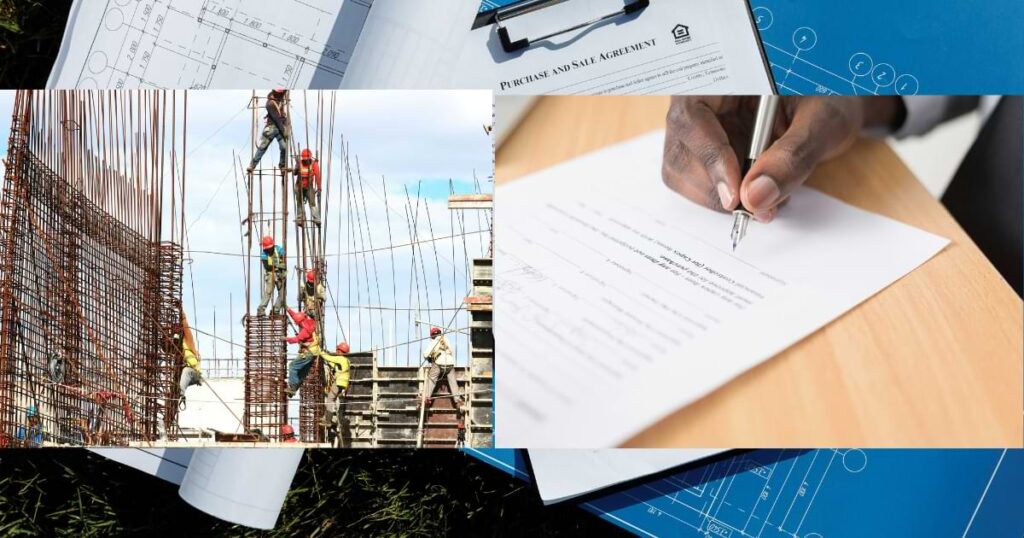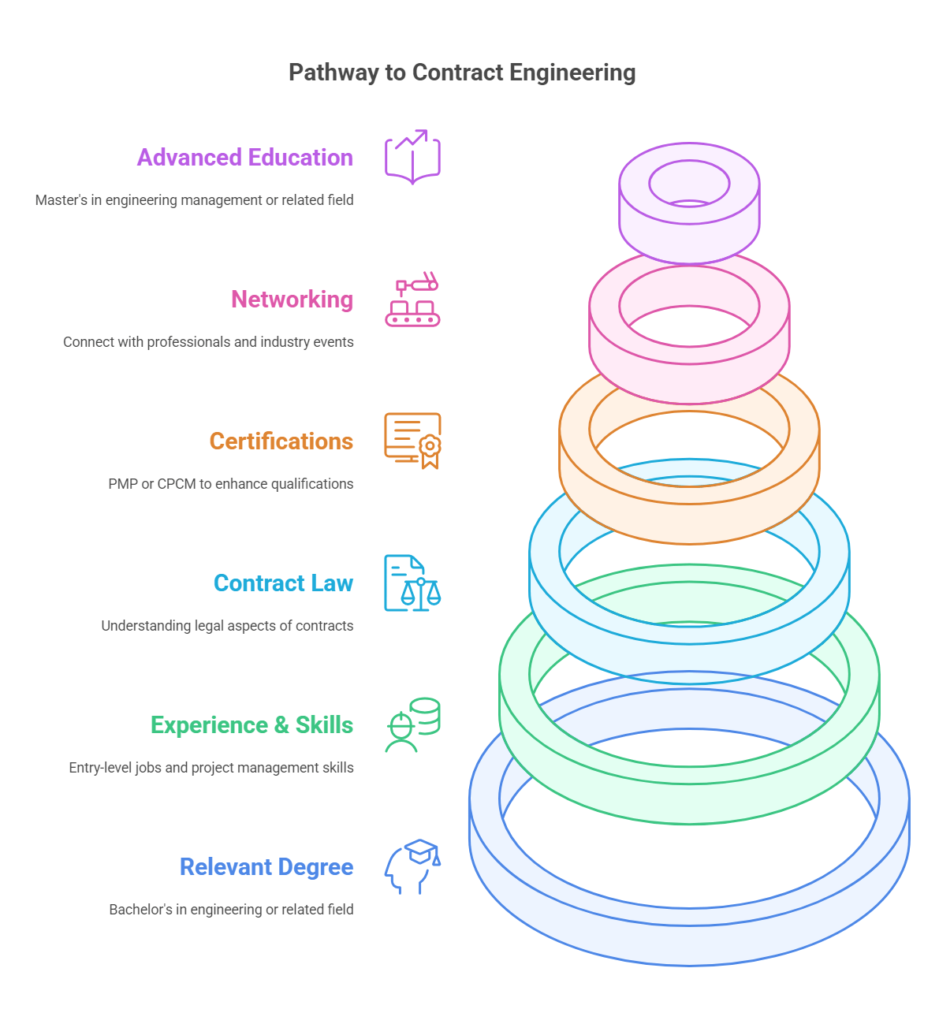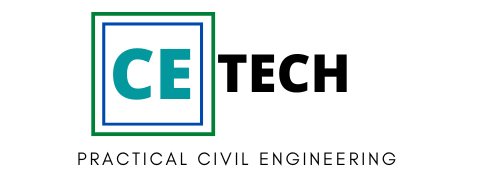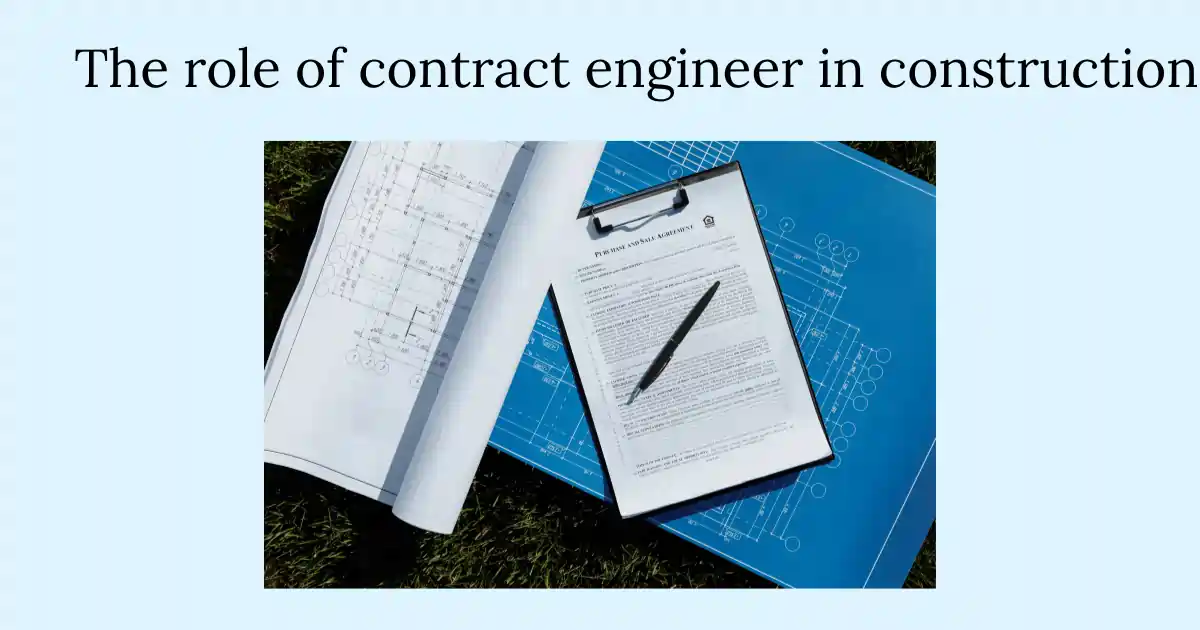Contract engineers play a crucial role in managing complex projects across various industries, particularly in construction, engineering, and energy sectors. They are responsible for overseeing the entire lifecycle of a project, from initial planning to final execution, ensuring that all contractual obligations are met and that the project is completed on time and within budget.

What Does a Contract Engineer Do?
Contract engineers are multifaceted professionals who combine technical expertise with project management skills. Their primary responsibilities include:
1. Contract Management: They develop, implement, and review contracts, ensuring that all terms and conditions are met throughout the project lifecycle.
2. Project Oversight: Contract engineers oversee projects from conception to completion, managing schedules, resources, and budgets.
3. Compliance: They ensure that all contractual obligations are fulfilled and that the project adheres to industry regulations and standards.
4. Risk Management: Identifying potential risks and implementing mitigation strategies is a crucial part of their role.
5. Supplier Relationship Management: They build and maintain relationships with suppliers, negotiating contracts and managing performance.
6. Financial Management: Contract engineers are involved in budgeting, cost control, and financial reporting for projects.
Requirements to Become a Contract Engineer
To excel in this role, contract engineers need a combination of education, skills, and experience:
Educational Background
1. Bachelor’s Degree: A bachelor’s degree in engineering or a related field is typically required. Common disciplines include civil, mechanical, electrical, or chemical engineering.
2. Master’s Degree: Some positions may require or prefer a master’s degree, especially for roles involving advanced technical expertise or management responsibilities.
3. Certifications: Additional certifications such as Project Management Professional (PMP), Certified Engineering Technician (CET), or Certified Professional Contract Manager (CPCM) can enhance qualifications.
Skills and Qualifications
1. Technical Expertise: Proficiency in engineering principles, design software, and industry-specific tools is essential.
2. Contract Law Knowledge: Understanding of contractual terms, conditions, and commercial contract law is crucial.
3. Project Management: Skills in planning, scheduling, and resource allocation are necessary for overseeing projects.
4. Communication: Excellent verbal and written communication skills are vital for negotiating contracts and liaising with stakeholders.
5. Analytical Thinking: The ability to analyze complex information and solve problems efficiently is important.
6. Attention to Detail: Meticulous attention to detail is required for managing contract specifics and ensuring compliance.
7. Adaptability: Contract engineers must be able to adapt to changing project requirements and industry trends.
Detailed Responsibilities of a Contract Engineer
Tender Work – Inquiry Documents, Tender Collection
Contract engineers play a crucial role in the tender process, which involves preparing and evaluating bid documents. This process includes:
1. Preparing Request for Proposals (RFPs): They draft detailed RFPs that outline project requirements, specifications, and evaluation criteria.
2. Analyzing Market Conditions: Contract engineers research market trends and potential suppliers to ensure competitive bidding.
3. Coordinating with Stakeholders: They work closely with internal teams to gather requirements and ensure the RFP aligns with project goals.
4. Evaluating Bids: Once bids are received, contract engineers analyze and compare them based on various factors such as cost, quality, and delivery timelines.
5. Negotiating Terms: They may participate in negotiations with potential suppliers to secure favorable terms for the organization.
6. Ensuring Compliance: Throughout the tender process, they ensure all legal and regulatory requirements are met.
Planning – Production Budget, Procurement Plan, Chart of Accounts, Schedule
Planning is a critical aspect of a contract engineer’s role, involving several key activities:
1. Developing Production Budgets: They create detailed budgets that outline expected costs for labor, materials, and equipment throughout the project lifecycle.
2. Creating Procurement Plans: Contract engineers develop comprehensive plans for acquiring goods and services needed for the project, including timelines and sourcing strategies.
3. Establishing Chart of Accounts: They set up a structured system for categorizing and tracking financial transactions related to the project.
4. Designing Project Schedules: Contract engineers create detailed timelines that outline key milestones, deliverables, and dependencies for the project.
5. Resource Allocation: They plan for the efficient use of human and material resources throughout the project.
6. Risk Assessment: As part of the planning process, they identify potential risks and develop mitigation strategies.
Procurement – Bid Evaluation, Delivery Plan
In the procurement phase, contract engineers are responsible for:
1. Evaluating Bids: They assess incoming bids based on predefined criteria, considering factors such as cost, quality, and supplier reliability.
2. Negotiating Contracts: Contract engineers lead or participate in negotiations with suppliers to secure favorable terms.
3. Developing Delivery Plans: They create detailed plans for the receipt and storage of goods and materials, ensuring they align with project timelines.
4. Managing Supplier Relationships: Building and maintaining positive relationships with suppliers is crucial for successful procurement.
5. Ensuring Compliance: They verify that all procurement activities adhere to legal requirements and company policies.
6. Coordinating with Project Teams: Contract engineers work closely with project managers and other team members to ensure procurement aligns with project needs.
Production – Invoicing, Deviation Management, Reconciliation of Payment Plans
During the production phase, contract engineers focus on:
1. Managing Invoicing: They oversee the invoicing process, ensuring accuracy and timely submission of bills to clients.
2. Handling Deviations: Contract engineers address any deviations from the original plan, managing change orders and adjusting contracts as necessary.
3. Reconciling Payment Plans: They regularly review and reconcile payment plans against actual progress, ensuring financial stability of the project.
4. Monitoring Progress: Contract engineers track project progress against established timelines and budgets.
5. Coordinating with Stakeholders: They maintain open lines of communication with clients, suppliers, and internal teams to address any issues promptly.
6. Ensuring Quality Control: Contract engineers work to maintain quality standards throughout the production process.
Forecast Work – Ongoing Cost Reconciliation
Forecasting is a critical responsibility that involves:
1. Regular Cost Analysis: Contract engineers continuously monitor and analyze project costs, comparing them against budgets.
2. Identifying Trends: They analyze cost data to identify trends and potential future issues.
3. Updating Forecasts: Based on current data and trends, they regularly update project cost forecasts.
4. Reporting to Stakeholders: Contract engineers prepare and present forecast reports to project managers and other stakeholders.
5. Recommending Adjustments: When necessary, they suggest changes to project plans or budgets based on forecast data.
6. Risk Assessment: Ongoing evaluation of financial risks is part of the forecasting process.
Project Completion – Documentation and Final Settlement
In the final stages of a project, contract engineers are responsible for:
1. Compiling Project Documentation: They gather and organize all relevant project documents, including contracts, change orders, and financial records.
2. Conducting Final Inspections: Contract engineers may participate in final project inspections to ensure all contractual obligations have been met.
3. Managing Final Payments: They oversee the process of final payments to suppliers and contractors.
4. Resolving Outstanding Issues: Any remaining contractual or financial issues are addressed and resolved.
5. Preparing Closeout Reports: Contract engineers create comprehensive project closeout reports, summarizing key outcomes, challenges, and lessons learned.
6. Archiving Records: They ensure all project records are properly archived for future reference and audit purposes.
How to Become a Contract Engineer
To pursue a career as a contract engineer, consider the following steps:
1. Obtain a Relevant Degree: Earn a bachelor’s degree in engineering or a related field. Consider specializing in a discipline that aligns with your career goals.
2. Gain Experience: Start with entry-level engineering positions to build technical expertise and industry knowledge.
3. Develop Project Management Skills: Seek opportunities to work on projects and develop skills in planning, budgeting, and team coordination.
4. Learn About Contract Law: Take courses or workshops in contract law and management to understand the legal aspects of the role.
5. Obtain Certifications: Consider pursuing relevant certifications such as PMP or CPCM to enhance your qualifications.
6. Build a Professional Network: Attend industry events, join professional associations, and connect with experienced contract engineers.
7. Stay Updated: Continuously update your knowledge of industry trends, regulations, and best practices in contract management.
8. Develop Soft Skills: Focus on improving communication, negotiation, and problem-solving skills, which are crucial for success in this role.
9. Gain Specialized Experience: Look for opportunities to work on complex projects or in specific industries to develop specialized expertise.
10. Consider Advanced Education: A master’s degree in engineering management or a related field can open up more advanced career opportunities.

In conclusion, becoming a contract engineer requires a combination of technical expertise, project management skills, and a deep understanding of contractual processes. It’s a challenging but rewarding career path that offers opportunities to work on diverse and complex projects across various industries. By continuously developing your skills and staying abreast of industry trends, you can build a successful career as a contract engineer.
Sources:
[1] https://resumehead.com/blog/contract-engineer-job-description
[2] https://cvformat.io/blog/contract-engineer-job-description-duties-opportunities
[3] https://oboloo.com/contract-engineer-roles-and-responsibilities-in-procurement/
[4] https://www.constructionplacements.com/contracts-engineer-job-description-and-salary-details/
[5] https://eraworkforcesolutions.com/contractor-engineer/
[6] https://rolecatcher.com/en/careers/professionals/science-and-engineering-professionals/engineering-professionals/engineering-professionals/contract-engineer/
[7] https://www.velvetjobs.com/job-descriptions/contracts-engineer
[8] https://www.wtsenergy.com/careers/why-work-as-a-contract-engineer/

